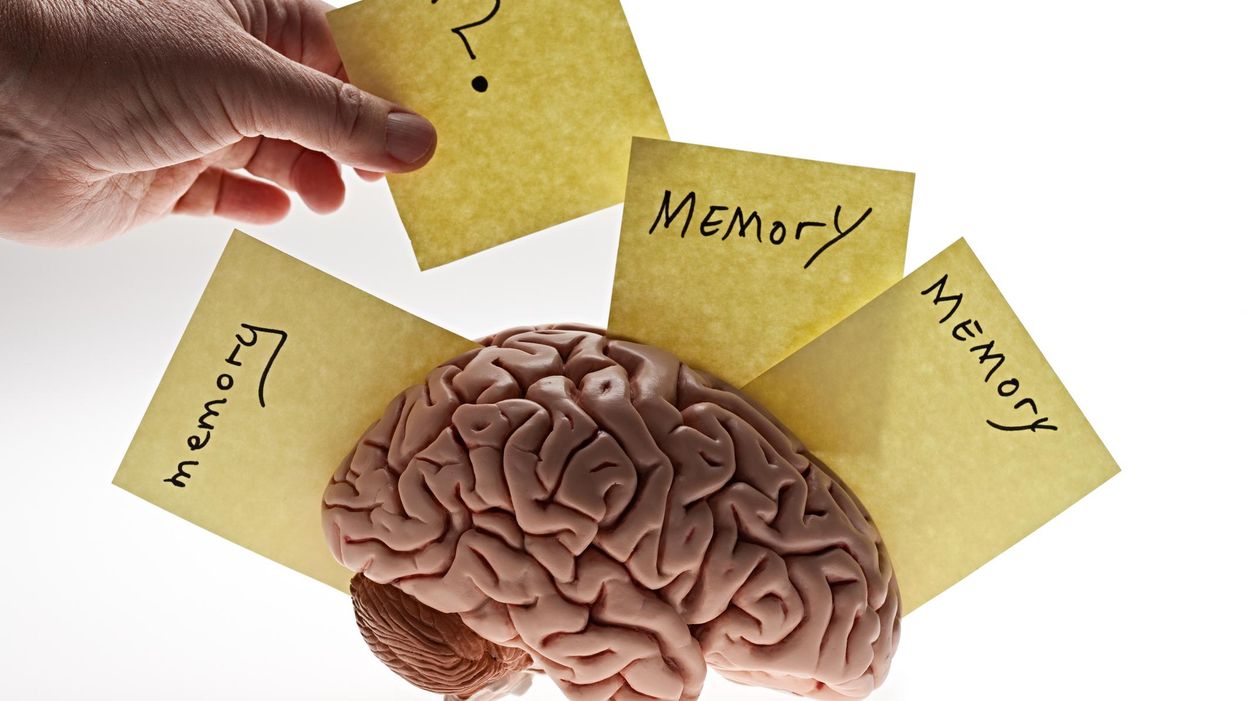How do we remember and honor the tragedies of the past? Which tragedies do we choose to remember and which fade into the past without a second thought?
This excerpt from David Leong challenges us as a Christian-dominant nation to remember that our ancestors were not always the heroes we learned about in school. And that true healing will come when we look at our entire history, not just the parts where we look heroic.
What does it mean, now two decades past this traumatic event, to "never forget" 9/11? And why are we simultaneously encouraged to "move on from the past" when it comes to other great American tragedies, like the genocidal erasure of Indigenous peoples, or the horrific violence against Black people from chattel slavery through Jim Crow? Selective memory in this case is easy to explain on one level: Sept. 11 is a tragedy we externalize and blame on outsiders to keep this country's historic violence against people of color at arm's length in order to maintain a narrative of American exceptionalism and American innocence.
Another irony of selective memory is apparent: This moment of resurgent Christian nationalism bears a striking resemblance to the groundswell of patriotic evangelicalism after 9/11. "Memory" itself is being contested and redefined. The collective consciousness of what some call a "Christian" nation has become more than conveniently edited to omit certain unfortunate events. An entirely new and revisionist "history" is now being constructed in its place — an imagined world where subjugated people were patriotic and white supremacy was justifiable. What happens to our moral imagination when memory becomes fiction?
You can read the entire essay here.
If you have suggested content, please email pop-culture@fulcrum.us.



















